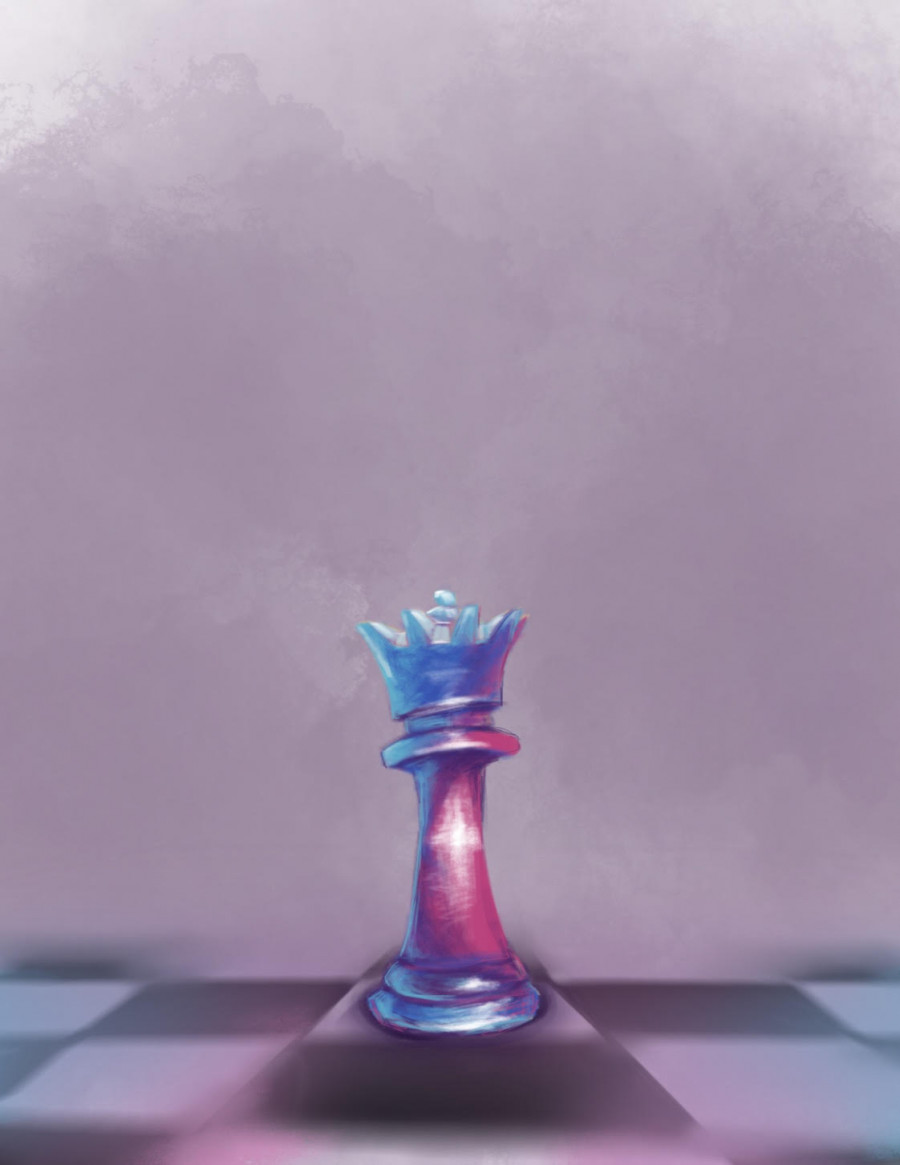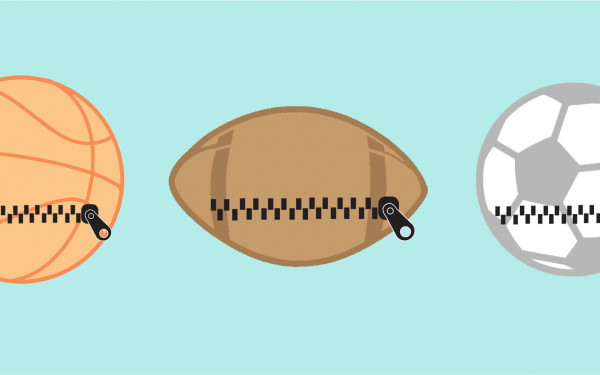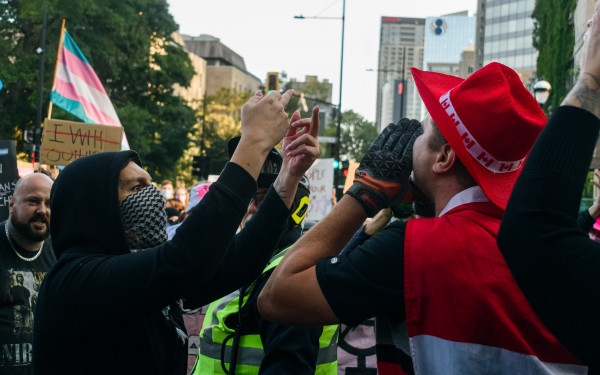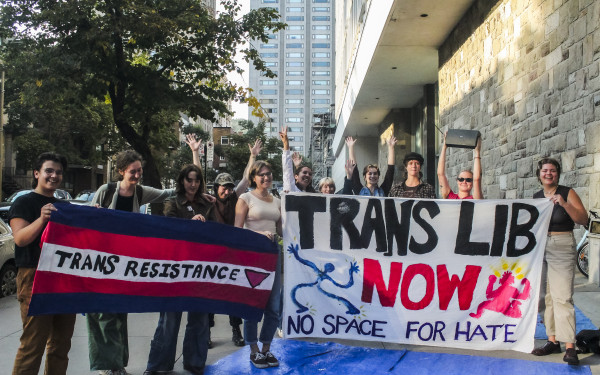Shut up and dribble: Not even chess is safe from trans panic
Trans women have been banned from competing in women’s chess tournaments
Last month, the International Chess Federation (FIDE) released an official regulation stating that trans women have “no right” participating in women’s events until they are reviewed—a process that could take up to two years. It also strips trans men of their titles from any pre-transition women’s league tournaments unless they “[change] the gender back to a woman.”
These restrictions could prove detrimental to the eligibility of these competitors for future tournaments, thus ending their careers. Reading the bold text between the lines, this is the intention of the federation.
Trans chess master Morgen Mills said she was blindsided by this announcement. “We weren't really aware in the community that this was an issue that was being discussed,” she told CBC. This regulation clearly states FIDE’s transphobia, but also underlines the misogynistic views that still impact the chess world.
Anyone who’s watched The Queen’s Gambit has gotten a glimpse of the misogyny that has historically penetrated the chess world. In 1963, grandmaster Bobby Fischer stated “[Women] are terrible chess players. I guess they’re just not so smart… I don’t think they should mess into intellectual affairs, they should strictly keep to the home.”
But this kind of thinking is a thing of the past, right? Guess which year grandmaster and prevailing vice-president of the World Chess Federation Nigel Short said “men are hardwired to be better chess players than women”, adding, “rather than fretting about inequality, perhaps we should just gracefully accept it as a fact.” The answer: 2015.
There are countless examples of comments like these from influential men in chess, as well as innumerable instances of sexual harassment and sexual assault.
But if there is no biological difference, why is only one of the top 100 players in the world a woman? There are many factors besides biology that play a role, including the “stereotype threat effect,” and the simple statistics of group size. Many more men play, so many more will win.
Studies support that when it comes down to skill, there is no difference between male and female players. External factors do all the work in creating the disparity we see in performance statistics.
If there is no gendered skill gap, why are women-only chess tournaments even necessary? The necessity of these leagues does not stem from women’s naturally inferior abilities, but the intimidating and unwelcoming world of co-ed chess leagues.
At the 2022 U.S. Amateur Team East competition, the winner of the Best Team Name competition was “She Said She Was 1800”—a disgusting pun on chess ratings and rape in the third degree. The announcement was reportedly met with “deafening applause.” Imagine, in the middle of that roar, a young woman pursuing her passion realizing exactly how she is seen by everyone around her—that her fight to topple kings will extend far beyond the chess board.
Men’s aggression towards female players impacts their confidence and drive to compete, leading to higher drop-out rates. In order to grow the numbers of women in the sport and give more female competitors a chance at gaining top ratings, they need an environment in which they can focus on the game, removing the aforementioned external factors that affect performance.
The ban of trans women only perpetuates misogyny. Anyone who argues that trans women have a biological advantage in a game of chess are admitting that they see women as inferior players.
Furthermore, with the chess world's ideas of women being decades behind, I can only imagine their treatment of trans players. All the same external factors that cause cis women to underperform are only magnified for trans women. The women’s league gave trans women the same refuge it gave cis women. Now, they have no place to turn.
If you argue that trans women weren’t socialized as women and therefore have a learned advantage, you have an inherent misunderstanding of the ostracization of growing up trans. Trans people—even if they are unaware of their transness until a later age—have a different lived experience than a cis person of their same assigned gender at birth. I firmly believe that the disparity between mind and body that trans people experience fundamentally alters the way we interact with the world whether or not our transness is apparent at any given time. Trans women’s socialization may be different from the socialization of those assigned female at birth, but it is certainly an experience separate from that of growing up as a cis male, thus removed from the privileges of cis male hood.
As I write this, I struggle with the fact that every article written about this ban centers the misogynistic ideas towards cis women far more than the transphobia. The fact remains that trans women are women and should not have to prove that they belong in women’s sports. It should not be a debate, it should not have to be scientifically proven, and it should not have to be explained in terms of how it affects cis women. It is tiring for trans people to defend ourselves by convincing cis people that this hurts them too, though it often feels like the only way anyone will listen. Shouldn’t the fact that it hurts us be enough?
From bathrooms to sports to accessing hormones and medical care, the onslaught of anti-trans ideas, regulations, and legislation is telling trans people that our existence is a problem. It is telling trans youth that they have no future, much less a future participating in the activities they love. Every day there is a new headline and every headline puts an aching pit in my chest.
The world of chess may have a limited audience, but every restriction targeting trans people—particularly trans women—sets a precedent for other competitive activities to do the same. My heart goes out to players such as Mills who now have to justify their place in the sport they’ve dedicated their lives to, and my heart goes out to every trans kid who has to decide between throwing away their passion, hiding in the closet, or facing a battle they do not deserve to face.
This article originally appeared in Volume 44, Issue 1, published September 5, 2023.







